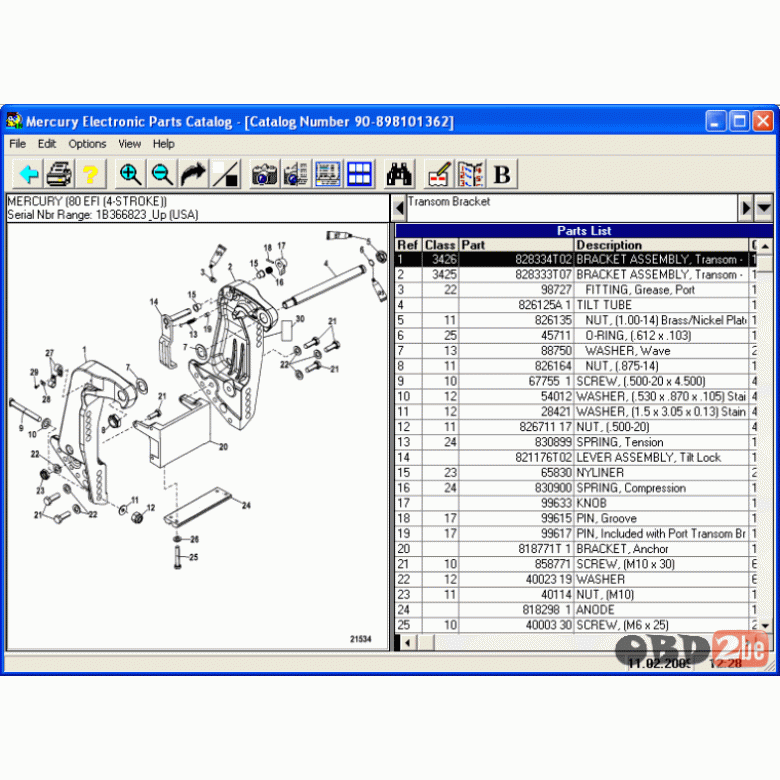
The information content in an experimentally measured ID depends on the resolution of the mass spectrometer. The realization of this goal, however, demands accurate in-silico ID prediction.

The measured ID constrains the elemental composition when compared with the in-silico computed ID and, hence, helps in identifying the underlying molecule. The relative abundances of isotopes determine a molecule’s isotopic distribution (ID), which can be measured experimentally using a mass spectrometer. It is known that the natural isotopes of these elements occur with different probabilities, and in some experiments the relative abundances of an element’s isotopes can be manipulated by using a technique known as stable isotopic labeling. Ost biomolecules are composed of hydrogen, carbon, nitrogen, oxygen, and sulphur. Received: 26 April 2013/Revised: 31 July 2013/Accepted: 2 August 2013/Published online: 20 November 2013

MIDAs can be accessed freely through a user-friendly webinterface at Key words: Isotopic Distribution, Accurate mass, Mass spectrometry, Proteomics Among the three, IC and MIDAs’s polynomial algorithm compute isotopic distributions that better resemble their corresponding exact finegrained (high-resolution) isotopic distributions. For fine-grained isotopic distributions, we compared IC, MIDAs’s polynomial algorithm, and MIDAs’s Fourier transform algorithm. Under the proposed evaluation criteria, MIDAs’s algorithms, JFC, and Emass compute with comparable accuracy the coarse-grained (low-resolution) isotopic distributions and are more accurate than the other software packages. We have benchmarked the performance of the two algorithms 10 17155 17175 17195 implemented in MIDAs with that of eight software packages (BRAIN, Emass, m/z Mercury, Mercury5, NeutronCluster, Qmass, JFC, IC) using a consensus set of benchmark molecules. The polynomial-based algorithm −6 contains few novel aspects, whereas the Fourier-transform-based algorithm 10 consists mainly of improvements to other existing Fourier-transform-based −9 algorithms. MIDAs offers two algorithms, one polynomial−3 based and one Fourier-transform-based, both of which compute molecular 10 isotopic distributions accurately and efficiently.

In this paper, we present Molecular Isotopic Distribution Analysis (MIDAs), a new software tool designed to compute molecular isotopic distribu10 tions with adjustable accuracies. Ogurtsov, Yi-Kuo Yu National Center for Biotechnology Information, National Library of Medicine, NIH, Bethesda, MD 20894, USAĪbstract.

Molecular Isotopic Distribution Analysis (MIDAs) with Adjustable Mass Accuracy Gelio Alves, Aleksey Y. This article is published with open access at


 0 kommentar(er)
0 kommentar(er)
